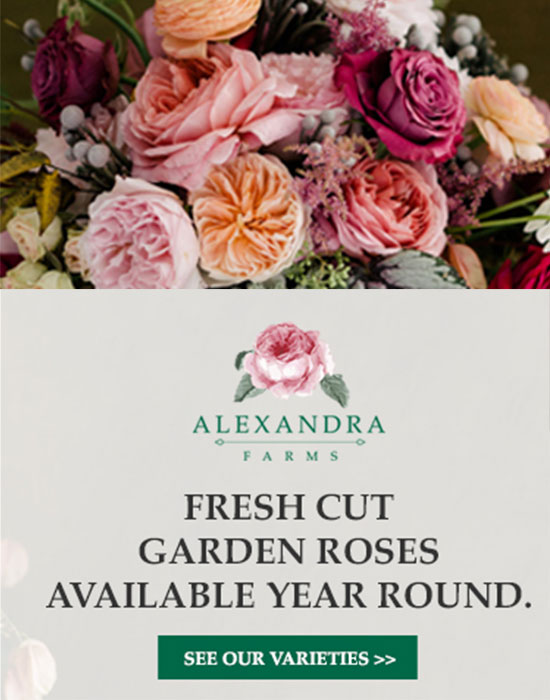Automation is quickly coming to the mass-market floral industry, providing both opportunities and challenges for traditional flower retailers.
One of our new ventures, FloraBot, has been testing new robotic automation technology over the last year to see how far we could get in the process. Could we really duplicate the skill and speed of a human floral designer using a robot? Even if it is possible, will it be cost effective long term or practical to use every day? Those are the questions our group of talented mechanical engineers, computer programmers and floral design experts at QuickFlora are looking to find answers for.
Over a few months, we developed robotic technology able to create a typical dozen-roses arrangement in about four minutes. Compare this to a human designer who may average 15-17 minutes to design the same arrangement. Keep in mind that our robot can do this 24/7 all day every day, with no breaks, no complaints, no vacation time, etc. (Check out a video of robotic flower arranging at flora.bot.)
With a projected labor design cost savings of more than 75 percent, this new technology is projected to become widespread in the global mass-market flower industry over the next five years. We predict that by 2024, the majority of floral arrangements sold by mass-market floral retailers will be manufactured by robots. This will cause a profound shift in the supply chain, how flowers are packed and boxed, which flower varieties are grown, and what arrangements look like when they hit the mass-market shelves.
Most mass-market floral consumers don’t really care if flowers are arranged by a robot or human. As many studies have shown, these consumers just want their flowers to be fresh, colorful and visually presentable; in short, they want value for their money. Just as consumers don’t ask who baked the cakes in many supermarkets (now made by robots in many chains), we don’t think they will now start asking who arranged the flowers. Ultimately, there is no doubt that robotic automation will improve the consistency of mass-produced flower arrangements and reduce labor costs.
what this means for traditional florists
This automation of the flower arranging process could be a double-edged sword for traditional floral retailers, but it does offer opportunities for those who choose to take advantage of them and promote their differences. Robotically-designed flower arrangements will likely be less expensive because of reduced labor costs, but they also will likely be less creative and artfully designed than flowers arranged by talented floral designers. They will appeal to the masses who want quick affordable floral gifts, make impulse purchases, and are not looking for floral “art,” but they probably won’t appeal those who want unique, custom-created, artistic floral designs and have the budget for them. It’s not entirely unlike the fashion industry, where there are markets for both off-the-rack/ready-to-wear and haute couture. There are other examples, too; for instance, those who purchase cakes (and other baked goods) for special occasions at supermarkets and those who patronize boutique bakeries and cake shops.
There will always be a market and clientele for both mass-produced and custom-designed anything, but the purveyors of the higher-end floral products and services will have to be vigilant about cultivating the market for their offerings by continuously promoting their unique value propositions. And they will have to make sure there actually is a difference in the products and services they provide!
Alex Frost has founded and operated multiple technology and marketing companies in the floral industry for more than 25 years. He has also developed unique supply chain software for the flower industry. Contact him via email at alex@quickflora.com.






















